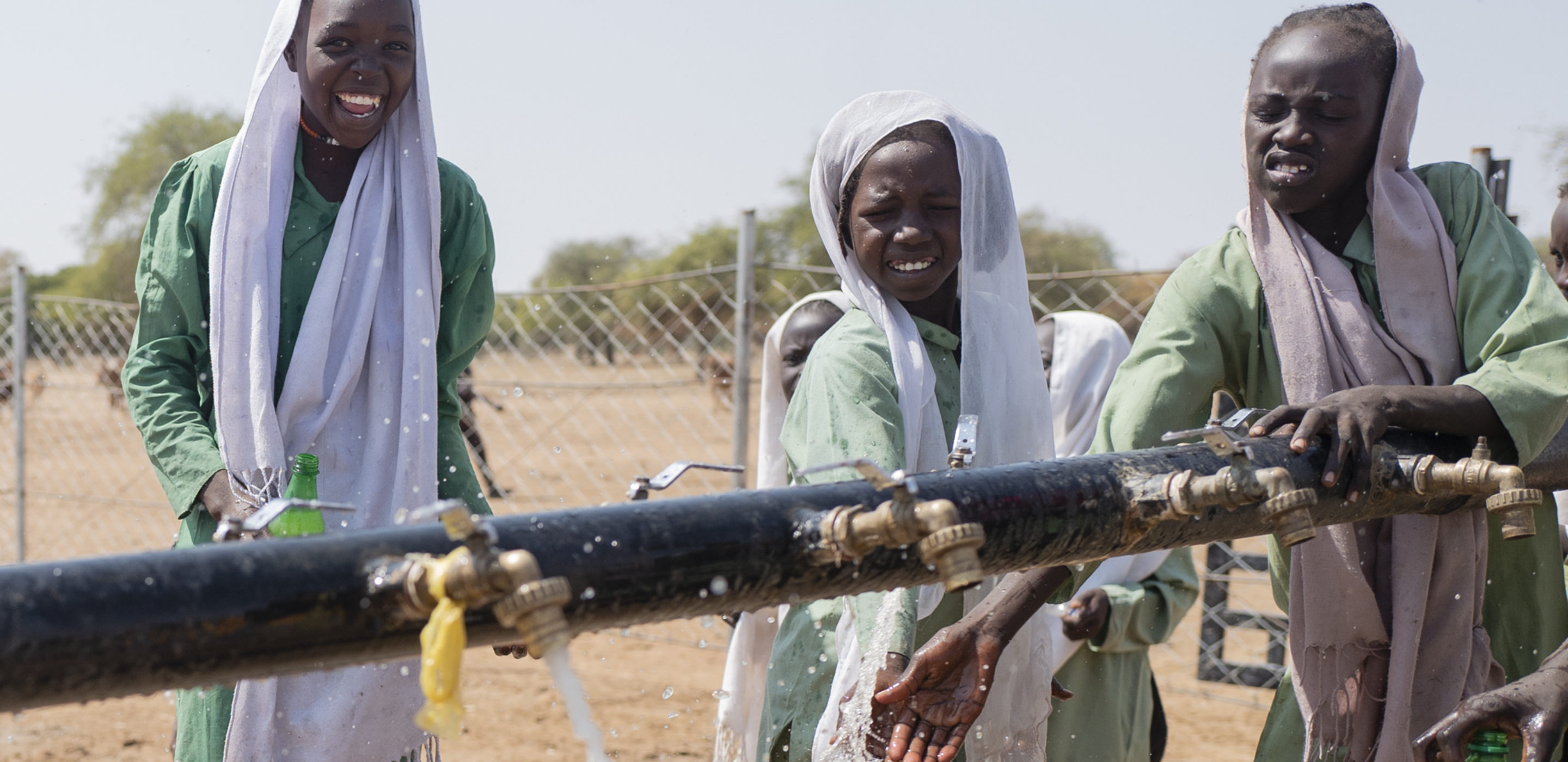2011 South Sudan Becomes Independent

Sudan
After decades of conflict, South Sudan gained independence from Sudan on July 9, 2011, following a referendum that passed with overwhelming support. This independence did not, however, lead to peace in the region, as disputes over oil-rich areas continued, and internal conflicts plagued the new nation.
South Sudan's journey to independence is a chronicle of prolonged strife, a historic referendum, and the immense challenges of nation-building. This narrative commences in the context of the Second Sudanese Civil War (1983-2005), a devastating conflict primarily between the central Sudanese government and the Sudan People's Liberation Movement/Army (SPLM/A). The war was rooted in ethnic, religious, and economic disputes, with the predominantly Christian and animist southern rebels fighting against the Muslim, Arab-dominated government in Khartoum for greater autonomy and recognition.
A significant turning point occurred with the signing of the Comprehensive Peace Agreement (CPA) in 2005, which ended the civil war and set the framework for a future referendum on the independence of South Sudan. The CPA provided a six-year interim period during which South Sudan would have a semi-autonomous status. It also included terms for sharing oil revenue, as the south held most of the country's oil fields, which were critical to the economy of the north.
The referendum was held in January 2011, with an overwhelming 98.83% of South Sudanese voters opting for independence from Sudan. The vote fulfilled a key provision of the CPA and was hailed internationally as a successful exercise in self-determination.
On July 9, 2011, South Sudan officially declared its independence, becoming the world's newest country at the time. Salva Kiir Mayardit, who had been the President of the Government of Southern Sudan, became the President of the Republic of South Sudan. The United Nations swiftly admitted South Sudan as its 193rd member state.
The euphoria of independence, however, was short-lived. Despite rich oil reserves, South Sudan lacked the infrastructure, institutions, and experienced political leadership necessary to govern effectively. The country also inherited a legacy of ethnic tensions, which were exacerbated by competition over natural resources, including oil and water.
In December 2013, political disputes erupted into violence when President Kiir accused his former deputy, Riek Machar, of attempting a coup. This accusation sparked a brutal civil war characterized by ethnic violence, as Kiir is from the Dinka ethnic group and Machar from the Nuer. The conflict led to a catastrophic humanitarian crisis, with thousands killed and millions displaced.
Multiple attempts at peace agreements and ceasefires failed until September 2018, when Kiir and Machar signed a revitalized peace agreement. Despite this, the implementation of the agreement has been fraught with delays and continued outbreaks of violence, leaving the future of South Sudan precarious.
In summary, the independence of South Sudan was a monumental event that concluded Africa's longest-running civil war. Yet, the nascent state has struggled with political instability, ethnic violence, and humanitarian challenges. The road to peace remains fraught with difficulties, and South Sudan continues to work toward a stable and prosperous future.
 >
>